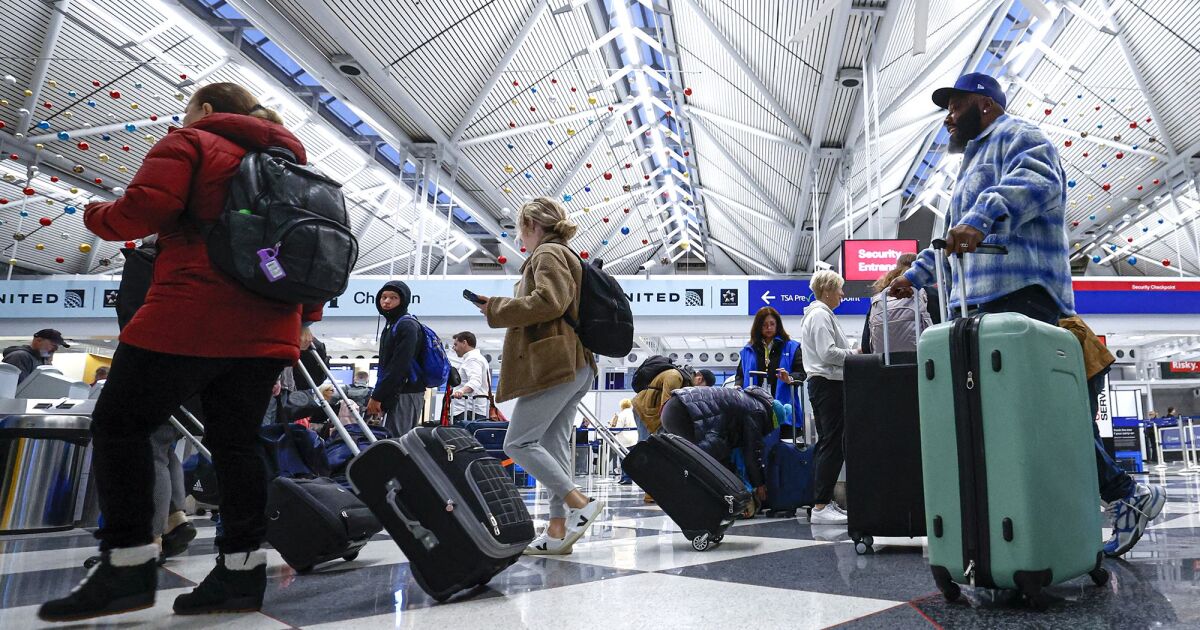The practice includes DEA special agents or task force officers approaching individuals at airports and then asking for consent to search the individual’s belongings.
The DOJ’s move comes four years after Scripps News Tampa Investigative Reporter Kylie McGivern highlighted the practice of civil asset forfeiture at airports by the DEA.
Civil asset forfeiture allows federal agencies to seize cash and other property suspected of being involved in a crime, even if charges are never filed against the owner.
The Institute for Justice called the move a “pretty significant change.”
“It means that air travelers across the United States, at all domestic airports, will not be subjected to these ‘consensual encounter’ interrogations by DEA,” said Dan Alban, senior attorney for the Institute for Justice.



People who haven’t done anything wrong and don’t want to miss their flight through arguing with the authorities would probably comply. They know there’s no drugs in their luggage, it’s the DEA.
You should never consent to unlawful searches. It doesn’t matter if you’ve done anything wrong. They’re looking for things to arrest you for, or things to steal, or someone to plant evidence on. They’re definitely not trying to protect you, that’s for sure.
I’m not saying they should, I was answering the question about why some people did. The DEA clearly uses the pressure people feel not to miss their flight.